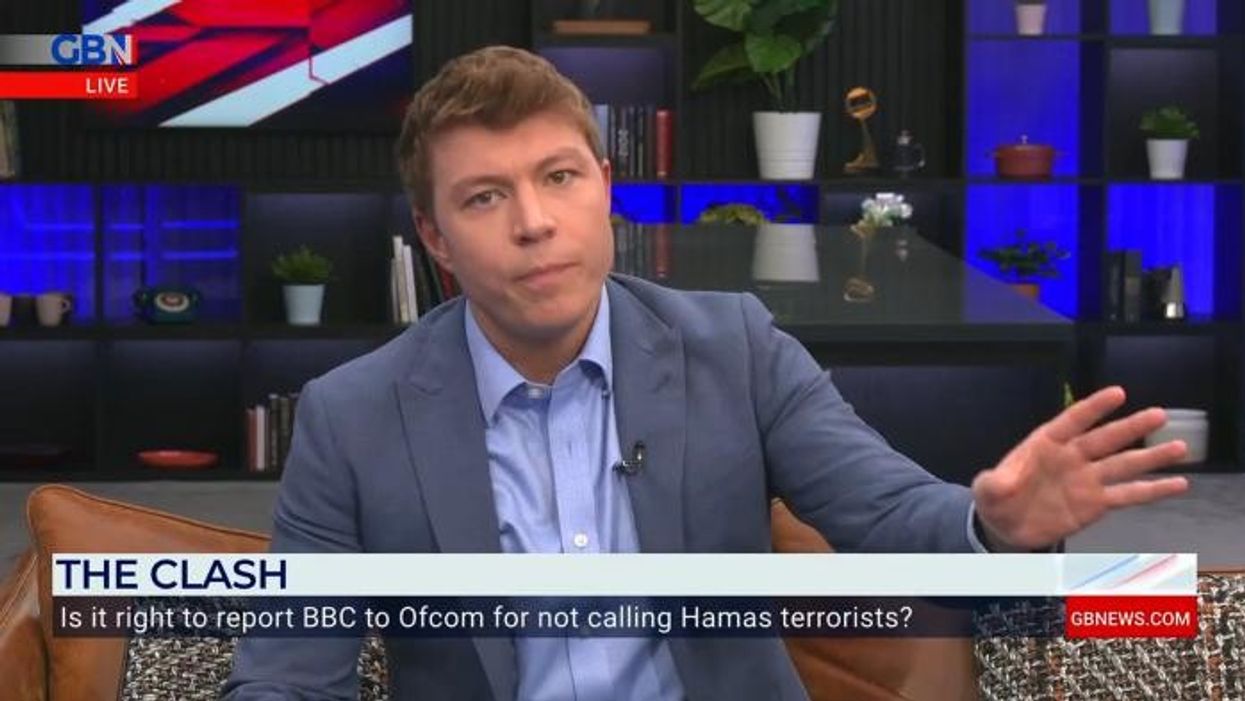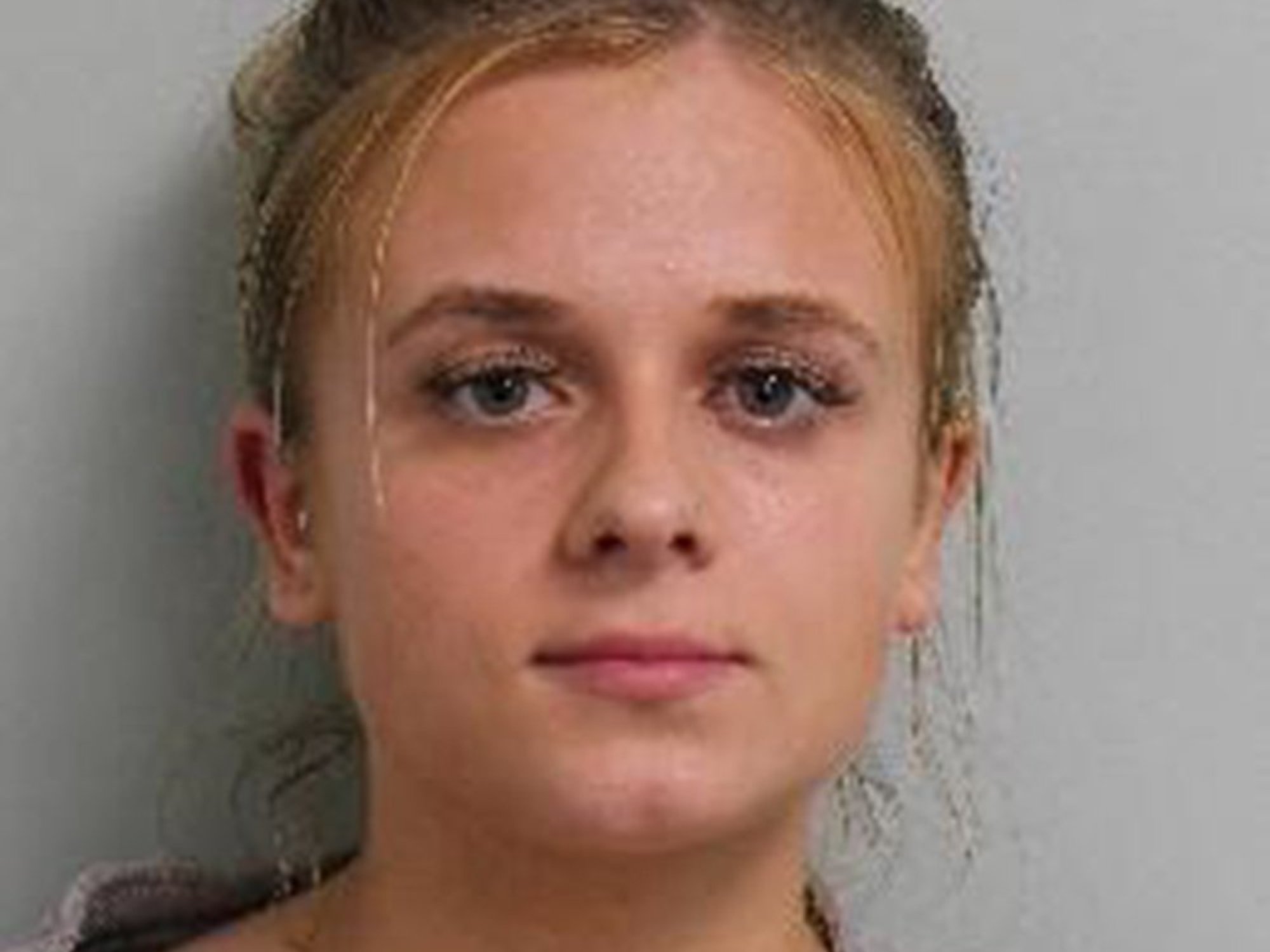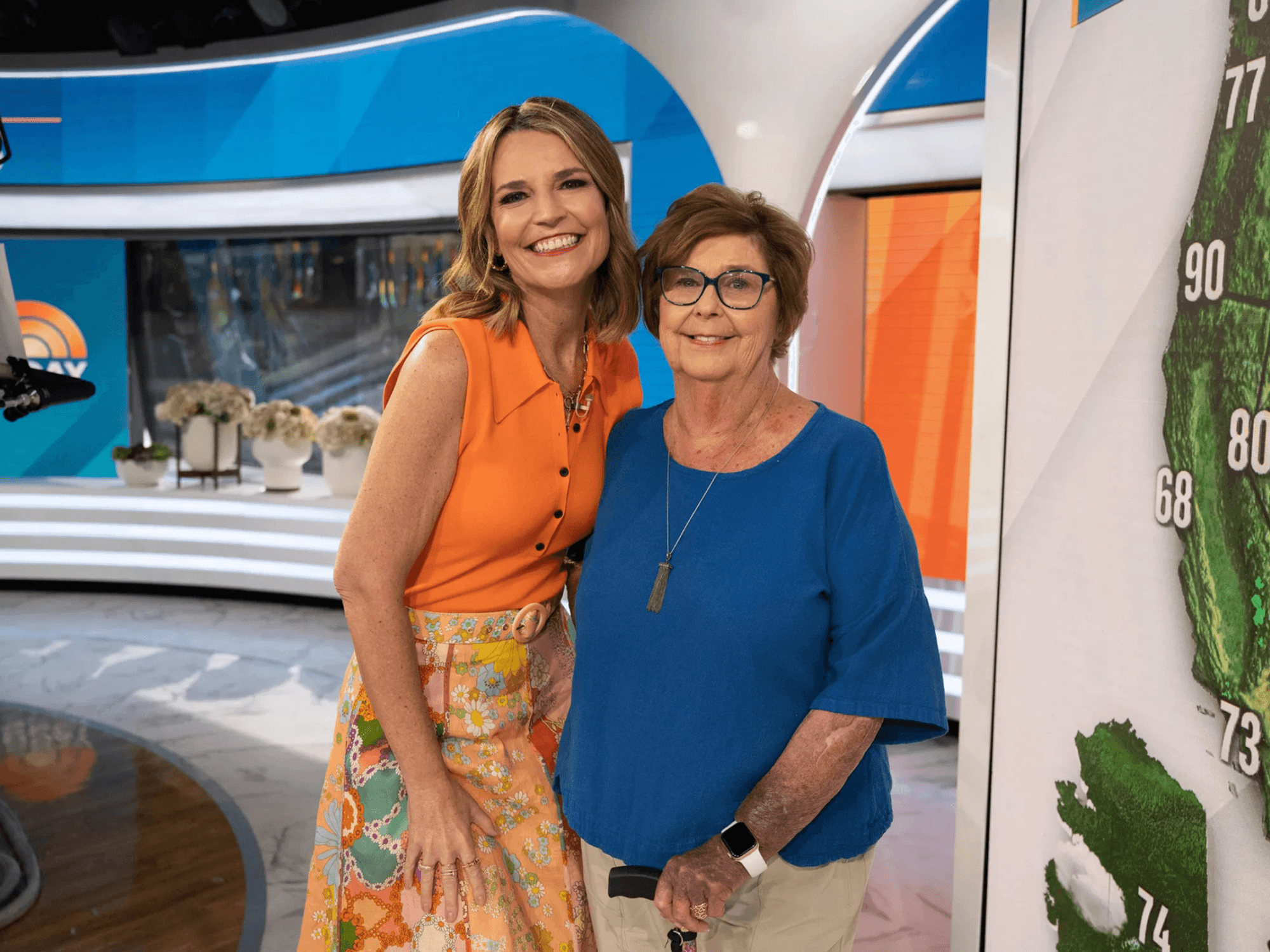John Sergeant sparks FURIOUS row as he defends BBC’s Hamas terror stance – ‘how many babies have to be killed?’
John Sergeant defends BBC over Hamas controversy
|Sergeant insists the BBC must remain impartial, despite public outcry
Don't Miss
Most Read
Latest
Former chief political correspondent for the BBC, John Sergeant, has defended the state broadcaster for their handling of reporting on the conflict between Israel and Palestine.
While many other channels and organisations, as well as the Royal Family itself, have felt comfortable referring to Hamas as a ‘terrorist’ group after their surprise attack on Israel, the BBC has been a rare holdout, which has led to anger from many.
Speaking with Patrick Christys on GBN Tonight, Sergeant defended the broadcaster for its choice sparking a furious debate.
He said: “The BBC does not have an agenda. The BBC are not trying to decide who has done well or badly in the Middle East and then tell people what they should think.
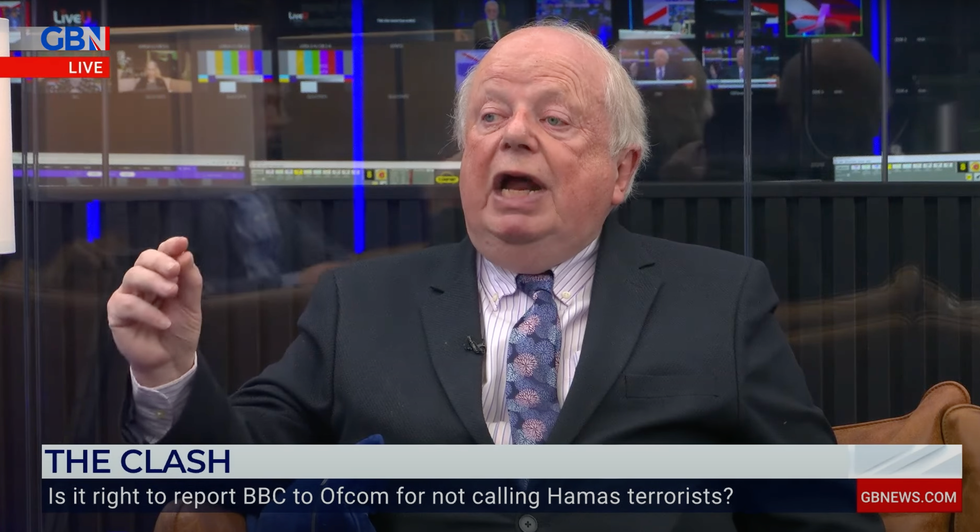
John Sergeant defends the BBC over reporting on Israel-Palestine conflict
|GB News
“People, of course, find it difficult to follow this. They think it's obvious. The US government call them terrorists. We've heard all these people calling them terrorists.
“They don't seem to understand that the BBC's operation, the news operation, is not like a government. It's not meant to have a policy on the Middle East. If you're deeply involved in the struggle and you feel passionately about it, you can't understand.”
As a result of the BBC’s decision, complaints have been issued to Ofcom, including a letter penned by five lawyers, and one young BBC reporter has even resigned in protest.
Sergeant made it clear, when asked, that his personal opinion agreed that the actions of Hamas constituted ‘terrorism’, but he added it made no difference to the BBC.
LATEST DEVELOPMENTS:
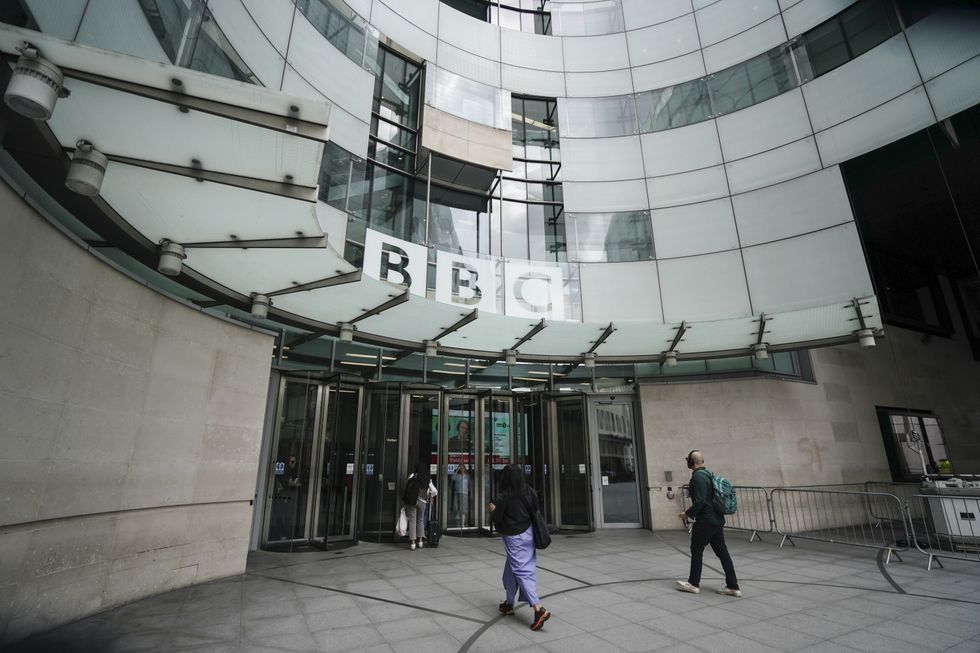 BBC Broadcasting House, in central London | PA
BBC Broadcasting House, in central London | PA“I left the BBC more than 20 years ago. What do I think about Hamas terrorism? This is a terrorist act. That's quite straightforward. Ask me if I'm back in the BBC as a BBC correspondent, what the BBC should do. That is of course, completely different.”
Also present during the discussion was Gary Mond, Chairman of the National Jewish Assembly, who disputed Sergeant’s assertions.
“It is completely unacceptable to do anything other than condemn them! You see, this is a struggle where it's just not possible to be neutral. How many babies have to be killed?!”
Sergeant then pointed to the BBC’s coverage of the Second World War as an example of their impartiality.
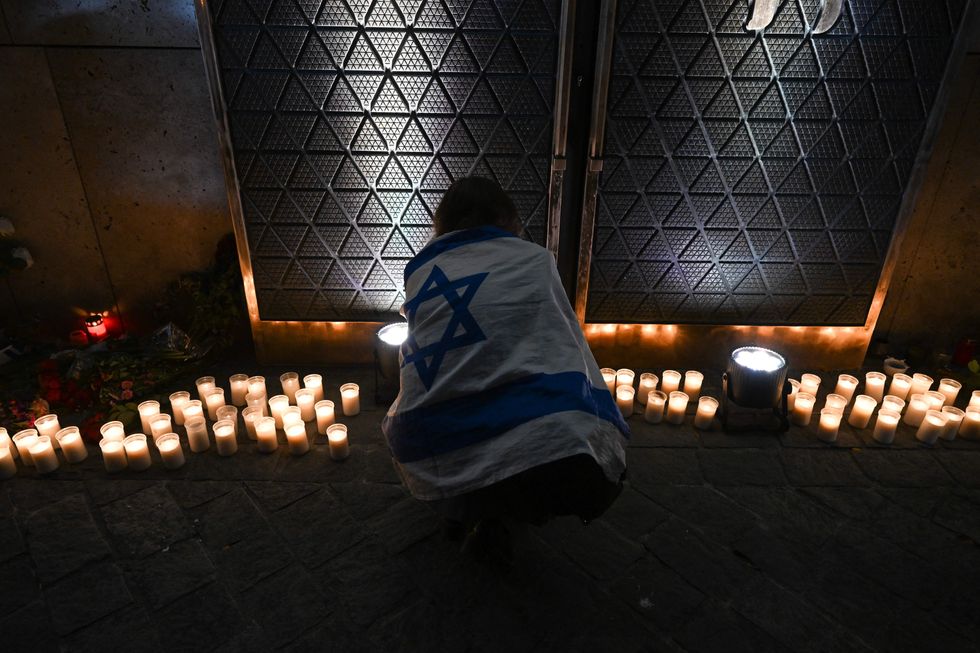 Israel was attacked by Hamas terrorists over the weekend | GETTY
Israel was attacked by Hamas terrorists over the weekend | GETTY“What did the BBC staff say about the Nazis? Were they allowed to call them wicked or evil? No, they were not. They were told not to rant during the Second World War.”
Simpson pointed out that details of Nazi’s crimes were more scarce at that time, saying: “In 1941, if the BBC had known at that time what the Nazis were doing, I think they would have taken a different tack.”
Finally Sergeant questioned whether the BBC would receive any less attention for the opposite choice.
“What would happen if the you said ‘You're quite right, let's change the policy’. What do you think those headlines would be? The headlines would say ‘BBC swings towards Israel!’”


